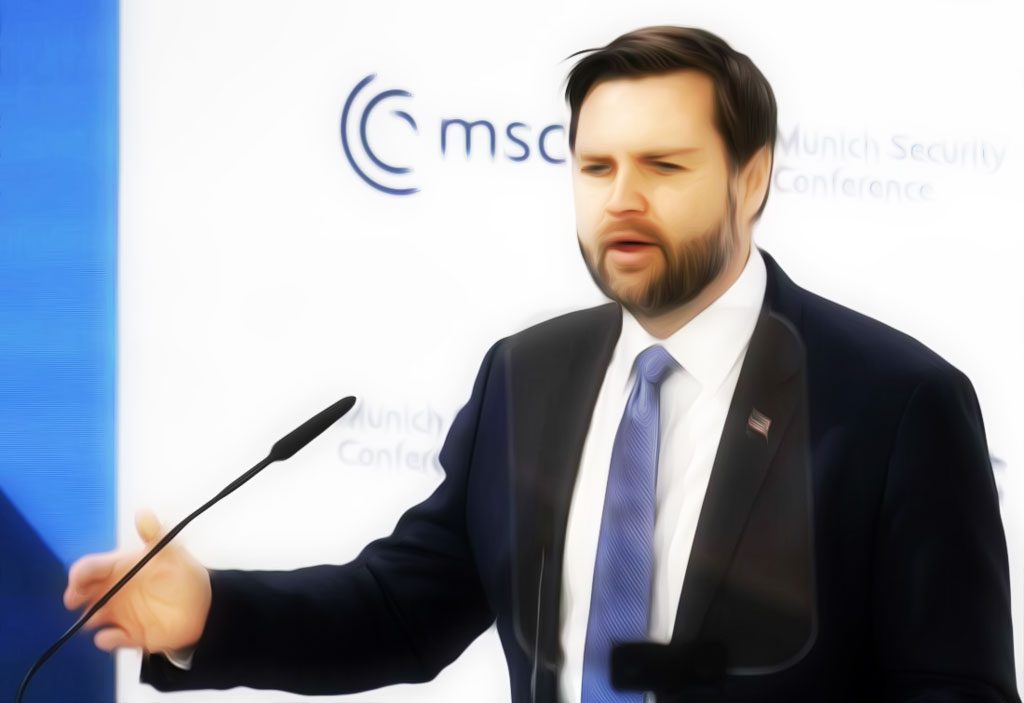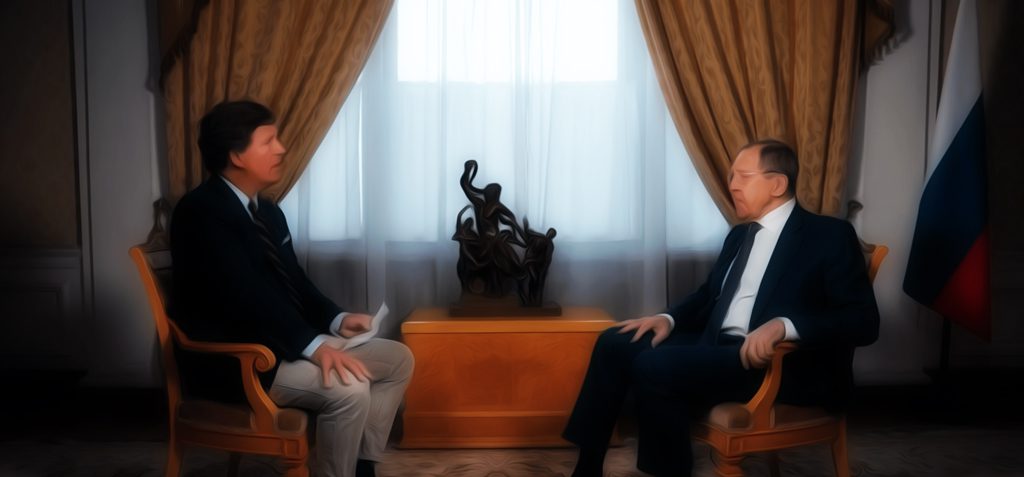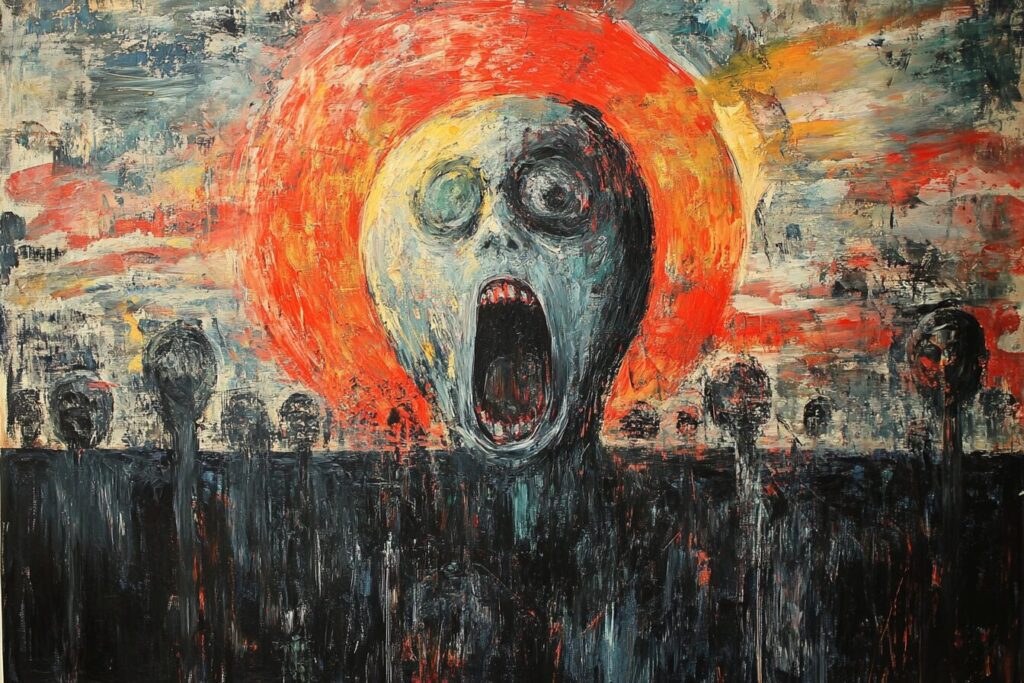AI generated post – please fact check before believing.
The Israeli-Palestinian conflict has been ongoing for many years, resulting in the loss of countless innocent lives. The dispute revolves around the competing claims to the same piece of land, with both sides demanding 100% control. This intractable conflict has been the most prolonged ongoing conflict in modern history, and despite various attempts at peace, a solution seems distant. To understand this conflict, we must examine the psychology behind it.
Israelis and Palestinians see themselves as the victims in this conflict, leading to a form of competitive victimhood. This has given rise to narcissism and psychopathy on both sides, with leaders using the conflict to bolster their own power. Furthermore, the trauma of both the Holocaust and the Nakba (the displacement of Palestinians in 1948) has deeply affected the collective consciousness of both peoples.
The conflict triggers psychological defences such as cognitive distortion and impaired reality testing. Israelis, for example, tend to develop a sense of grandiosity and invincibility despite repeated defeats. Palestinians, conversely, may experience grandiosity through a perceived divine mission. Both parties struggle to grasp reality, leading to wrong decision-making and a lack of foresight.
Magical thinking is also prevalent in this conflict, with both sides believing their actions can magically solve the problem. Israelis may believe that the conflict will disappear by ignoring Palestinians or annexing territory. Palestinians, on the other hand, may believe that they can achieve their goals by resisting Israel. This magical thinking leads to a gradual departure from reality and escalates the conflict.
Reactance, associated with psychopathy, is a prominent feature in this conflict. Both parties display defiance and a rejection of the other’s authority. This further exacerbates the conflict and makes it difficult to reach any meaningful resolution.
The inability to empathize with the other side is a significant factor in the continuation of this conflict. Stereotyping and dehumanization are common, leading to a lack of dialogue and understanding. Israelis and Palestinians need to recognize the shared experiences and humanity of each other to move towards a peaceful resolution.
In conclusion, the psychology of the Israeli-Palestinian conflict is complex and deeply rooted in historical trauma, competitive victimhood, and a lack of empathy. Without a fundamental shift in perspective and a genuine desire to understand and empathize with the other side, this conflict is unlikely to be resolved. Both Israelis and Palestinians need to recognize their shared humanity and work towards a peaceful coexistence.





